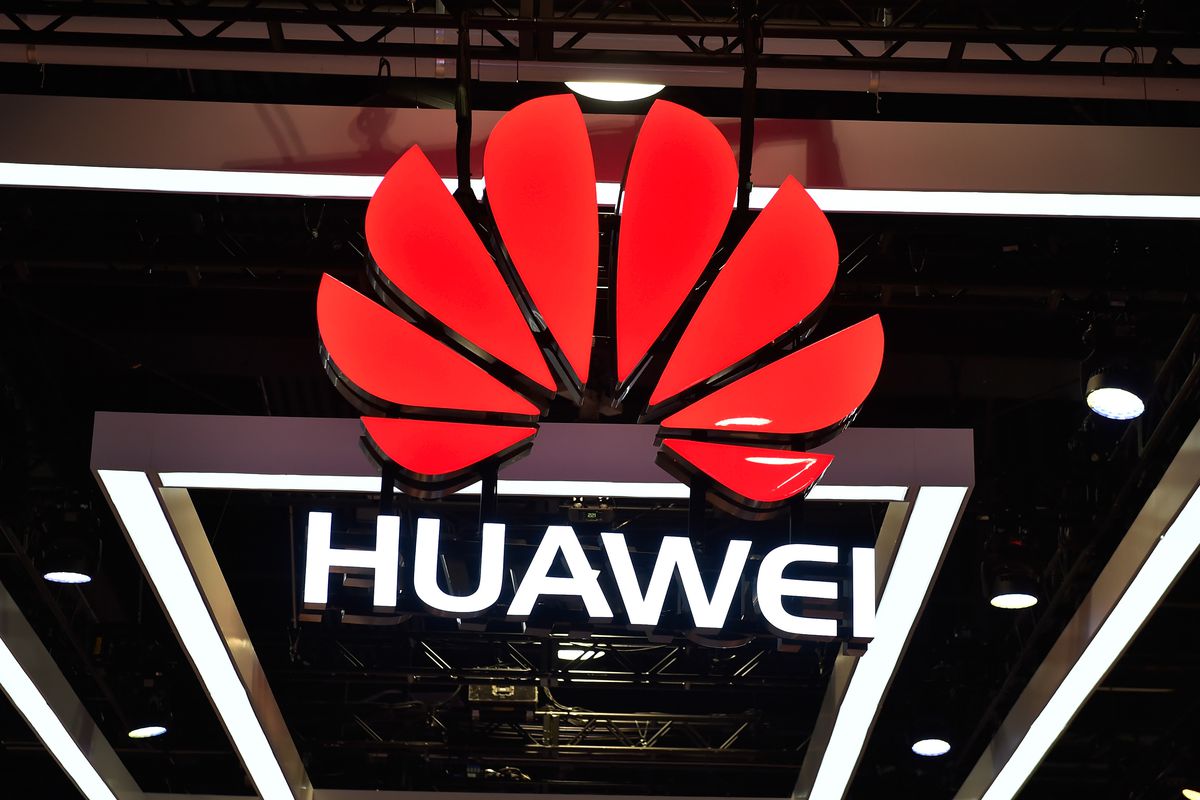UK may permit Huawei equipment in 5G networks
The UK government may soon decide on whether to allow the leading technology giant, Huawei, to participate in its 5G networks rollout. British officials will reportedly green light the use of Huawei equipment in such networks despite increased US pressure on the UK government to exclude Huawei from the country’s 5G network. It will be […]

The UK government may soon decide on whether to allow the leading technology giant, Huawei, to participate in its 5G networks rollout.
British officials will reportedly green light the use of Huawei equipment in such networks despite increased US pressure on the UK government to exclude Huawei from the country’s 5G network.
It will be recalled that the United States had earlier said that allowing Huawei to operate its 5G network could put transatlantic intelligence sharing or even the UK-US trade deal at risk.
In spite of US pressure, British Prime Minister, Boris Johnson, insisted the UK can have technological progress while preserving her national security.
In his interview with BBC earlier this January, Johnson said: “The British public deserve to have access to the best possible technology. We want to put in gigabit broadband for everybody. Now, if people oppose one brand or another then they have to tell us what’s the alternative.”
UK’s telecoms companies have been using Huawei in its networks for the past 15 years, during which the world’s largest telecom equipment supplier kept a proven clear cyber security track record.
The US administration has been trying to convince its allies not to allow the Chinese tech giant to form their 5G networks, claiming it would be a security risk, without providing any evidence.
But reports show that excluding Huawei would cost the UK economy £7 billion and may result in more expensive 5G networks, raising internet connectivity prices for anyone with a mobile device.
British Government has full access to evaluate Huawei product ranges through Cyber Security and Evaluation Centre, opened in the country in 2010.
The oversight board of the facility is chaired by the Chief Executive Officer of the UK’s National Cyber Security Centre with members from government including Government Communications Headquarters, as well as the UK telecommunications sector.
UK security agencies believe they have managed security concerns around the Chinese supplier so far and will be able to do so with the 5G network.
The director-general of MI5, Andrew Parker, said earlier this January that he had “no reason to think” that using Huawei technology should threaten intelligence sharing with the US.
The British government has reiterated that the “sustainable diversity in the 5G supplier market” is the centerpiece of resilience of telecom networks, not just a question of in or out.
Many believe that cutting competition by a reduction to just two vendor choices, cannot be good for the market and consumers, neither helpful to strengthening resilience of telecoms networks that UK government describes as “of paramount importance”.
Dexter Thillien, a senior TMT analyst at Fitch Solutions, told CNBC that “Three is better than two,” he said, “If you ban Huawei, you have a choice between Ericsson and Nokia. You lack competition.”
In the interview with BBC, Johnson said “There’s no reason why we shouldn’t have technological progress here in the UK, allow consumers, businesses in the UK to have access to fantastic technology, fantastic communications, but also protect our security interests and protect our key partnerships with other security powers around the world.”
Despite the US’ restrictions and a prolonged campaign against its business, Huawei remains leader in 5G competitive landscape.
According to IPlytics GmbH, Huawei is the No.1 in terms of the number of 5G Standard Essential Patents (SEPs) and the number of 5G standards contributions. Huawei ranks 5 in terms of R&D investment on 2018 EU R&D Investment Scoreboard, followed by Nokia (27) and Ericsson (45).
Huawei has played an important part in helping its UK carrier partners to develop and roll out both fixed and mobile networks throughout the UK.
Huawei stimulated a £1.7 billion contribution to UK GDP in 2018 alone, according to a research by Oxford Economics. The global telecom giant was also found to have supported 26,200 jobs across the UK in 2018. This economic activity generated £470 million in tax revenues for the Exchequer.
Across the EU, no government has yet imposed an outright ban on Huawei, just as operators warn that banning Huawei may add years of delays and billions in costs to European countries’ 5G network launch.
As Germany will take on the rotating presidency of the Council of the European Union in the second half of this year, German Chancellor, Angela Merkel, said last week that diversification is crucial to ensuring a country’s security in the roll-out of 5G mobile technology and shunning one supplier altogether risks being counter-productive.
